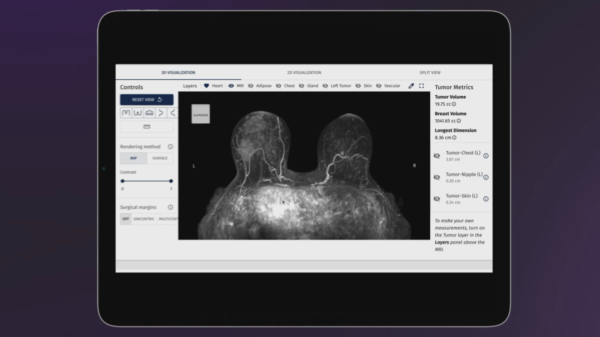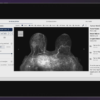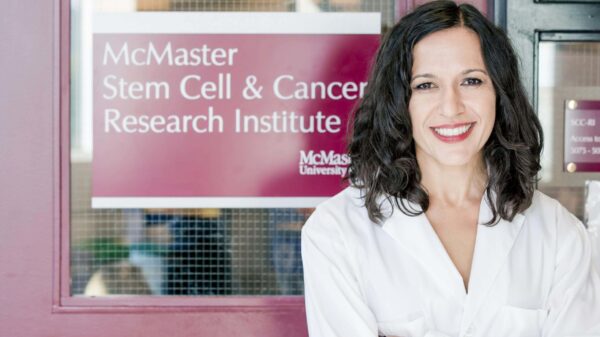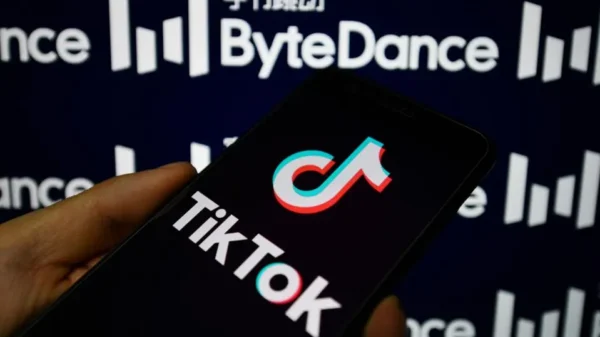An interdisciplinary team of researchers from the Electrical and Computer Engineering (ECE) and University of Michigan Medical School have uncovered new methods to help with early detection of lung cancer.
The team published details of a radiomics-based reinforcement learning model to predict malignancy risk for nodules on Wednesday. The team trained and tested the model on existing low-dose computed tomography (LDCT) data from 2500 participants in a National Lung Screen Trial.
They found that the S-RRL model predicted the risk of nodule malignancy more accurately than the standard clinical diagnostic models, known as the Brock model and Lung-RADS.
Lung cancer is much more treatable and less fatal when detected early. The 5-year survival rate for patients with early-stage lung cancer is 63.7 per cent, compared to just 8.9 per cent for those with advanced disease.
LDCT scans are the current standard of care for lung cancer prevention. Doctors recommend these annual scans for adults aged 50–80 who are at risk of lung cancer due to a history of cigarette smoking.
However, in the earliest stages, lung cancer typically shows no symptoms, and nodules, or abnormal tissue growths, are too subtle to determine whether they are benign or malignant from a baseline LDCT scan. Radiologists compare the progression of any observed nodules within the lungs to determine if they are benign or if further diagnostic tests, such as biopsies, are necessary.
“Given the nature of the early stage of lung cancer, we believe that as the disease progresses biologically over time, focusing on single CT scans can not accurately reflect the overall risk,” said ECE PhD student Yifan Wang.
Read more: Breath Diagnostics takes aim at lung cancer with One Breath
Read more: Breath Diagnostics pioneers novel lung cancer breath test
Researchers use serial low-dose CT
Instead of making decisions from visual inspection of a nodule at a single time point or from risk factors like age and sex, the researcher’s models use data from serial low-dose CT scans to predict the future progression of small nodules that remain benign.
Building on this work, Yifan also developed a deep predictive model called GP-WGAN to forecast nodule growth patterns as AI-generated images. The study showed that the images GP-WGAN predicted closely matched the real follow-up LDCT images, and using the predicted images from the model during baseline screening improved diagnostic accuracy.
This test shares a lot of synergies with the One Breath test presently being developed by Kentucky-based Breath Diagnostics Inc.
However, the functionality is vastly different.
A patient breathes into a bag, which captures the volatile organic compounds (VOC) present in the breath, including biomarkers associated with lung cancer. Testers then attach the bag to a machine that extracts the air and concentrates the VOCs onto a microreactor chip. This chip stabilizes the VOCs, allowing the samples to be examined in a laboratory.
One key difference is that OneBreath is ultimately looking to reduce reliance on LDCT.
The National Lung Screening Trial (NLST), a large randomized controlled trial conducted by the National Cancer Institute in 2014, revealed a higher rate of false-positive results among those who underwent LDCT screening compared to those who received a chest X-ray.
.
Follow Joseph Morton on Twitter
joseph@mugglehead.com














